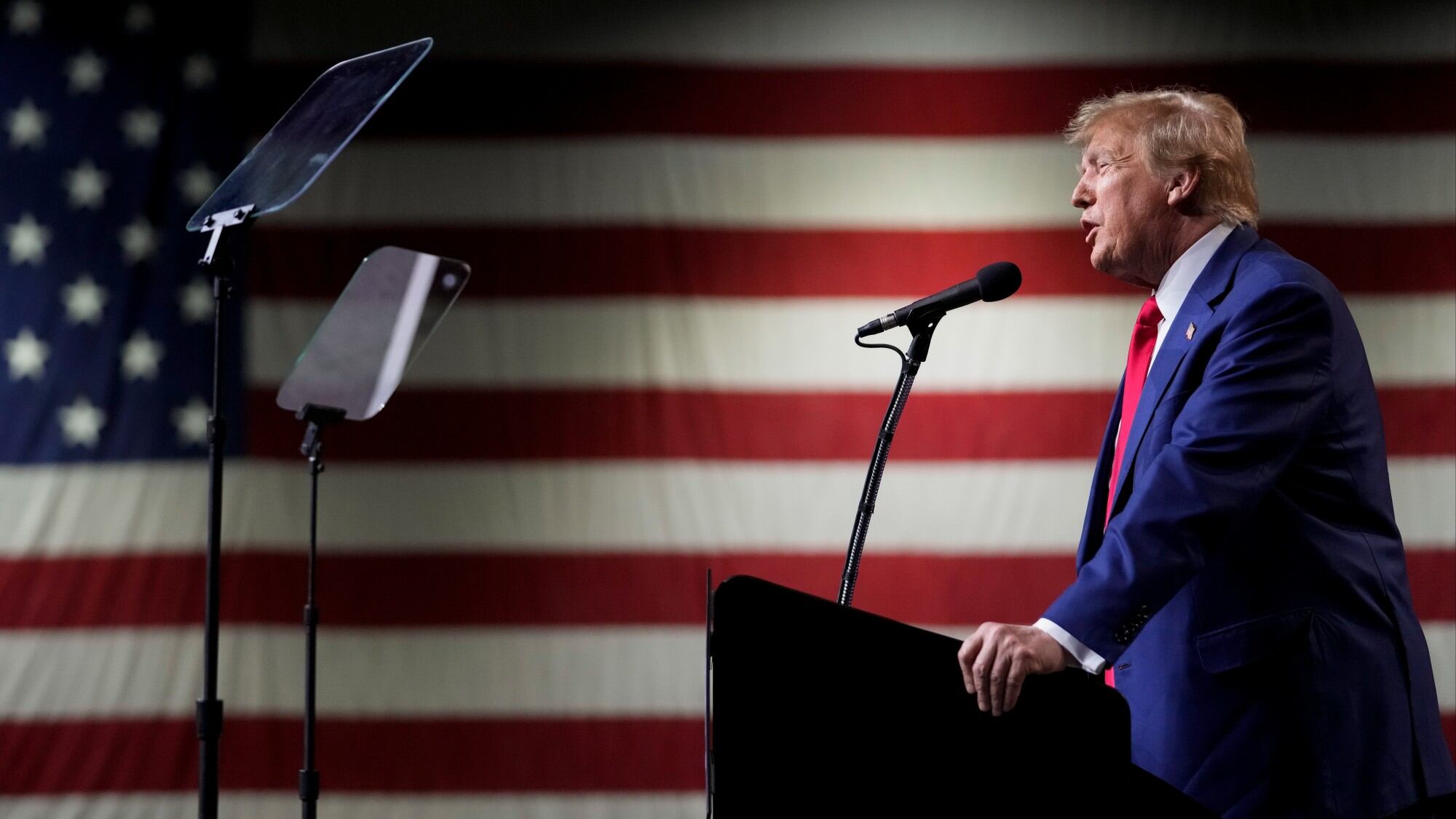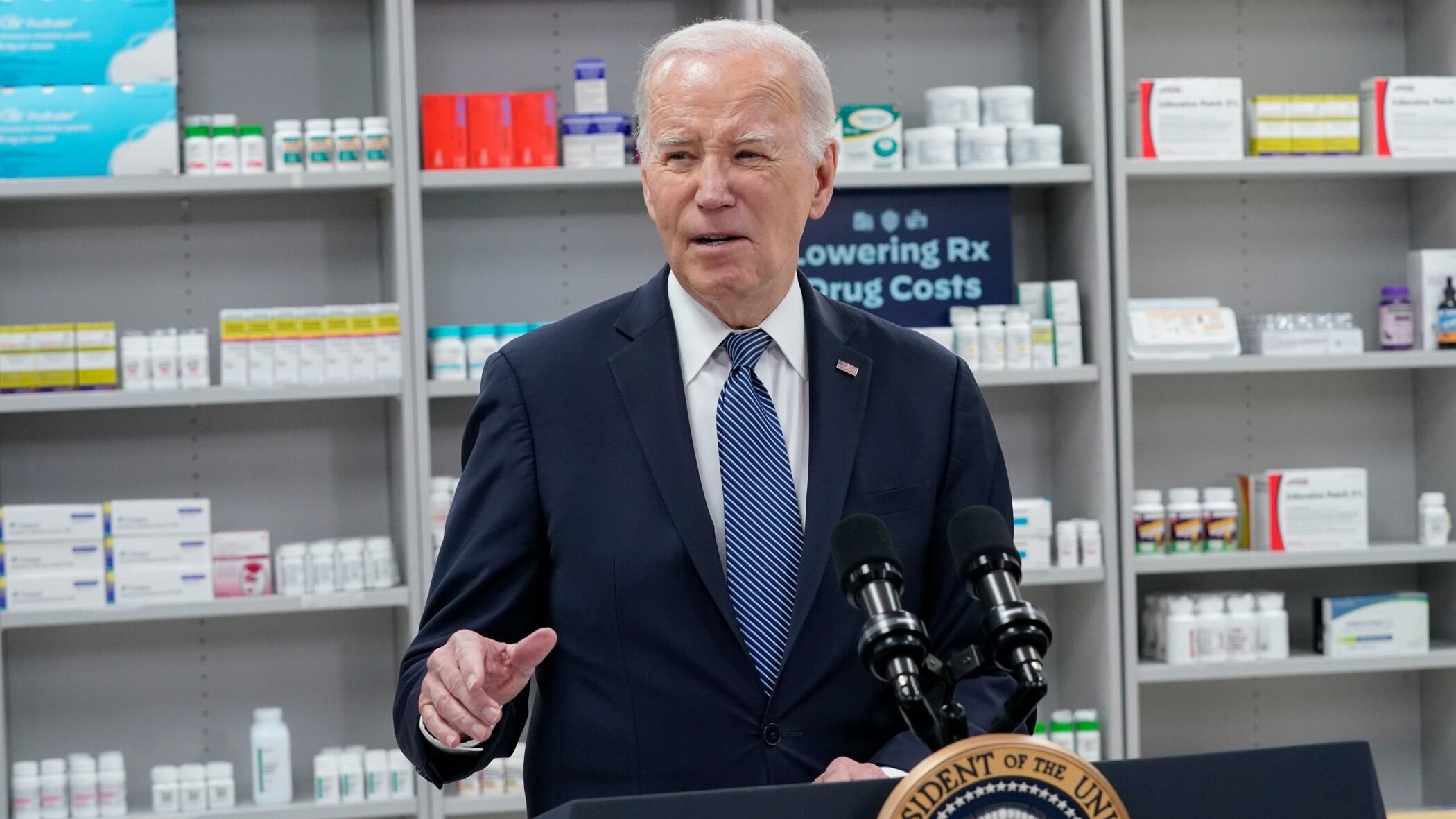The House impeachment inquiry into President Trump entered a new phase Wednesday as the Judiciary Committee held its first public hearing. The morning began with three constitutional experts telling lawmakers that President Donald Trump committed impeachable offenses, although one vehemently dissented.
Democrats called on Michael Gerhardt, a professor of law at the University of North Carolina, Noah Feldman, a Harvard Law professor and constitutional scholar, and Pamela Karlan, a Stanford Law professor to testify. Republicans summoned Johnathan Turley, a George Washington University law professor.
Both Gerhardt and Turley have been down this road before, having appeared as experts during the 1998 impeachment of President Bill Clinton.
As the hearing began, committee Chairman Jerry Nadler (D-N.Y.) said the time for action is now. "We are all aware that the next election is looming — but we cannot wait for the election to address the present crisis. The integrity of that election is the very thing at stake." However, Ranking Member Doug Collins disputed that claim, saying, "if you want to know what is really driving this: it's called the clock and the calendar … They want to do it before the end of the year."
Collins appeared to be pointing to speculation in the media that suggests the Democrats are expediting the impeachment process in order to avoid disrupting the primary elections in February.
During the hearing, witnesses explained the historical context of impeachment, why the founders of the U.S. included steps to impeach, and whether they believe the president crossed the line into impeachable offenses.
The Case Against the President
The experts called by Democrats said the president had committed offenses that, they argued, clearly rose to the level of impeachment.
"If Congress fails to impeach here, then the impeachment process has lost all meaning...Therefore, I stand with the Constitution and I stand with the framers, who were committed to ensure that no one was above the law," Gerhardt said at the end of his opening statement. He said that the president "if left unchecked … will likely continue his pattern of soliciting foreign interference on his behalf in the next election."
Democrats released a 300-page report, with zero Republican endorsements, on Tuesday, alleging the president abused the powers of his office when he pressured the president of Ukraine to announce investigations into former Vice President Joe Biden. Democrats argued Trump "sought to undermine the integrity of the U.S. presidential election process, and endangered national security." On Monday, Republicans had published a 123-page prebuttal contending that the Democrats had failed to make their case.
Karlan has represented the committee under leadership from both parties in the past and told lawmakers the president's attempts to "strong-arm a foreign leader" is not politics as usual. "Based on the evidentiary record, what has happened in the case before you is something that I do not think we have ever seen before: a president who has doubled down on violating his oath to 'faithfully execute' the laws and to 'protect and defend the Constitution,'" she said.
Invoking the framers of the Constitution, Feldman, who spoke first in the hearing, laid out three distinct offenses, each of which he argued is impeachable.
Feldman, a graduate of Harvard and Yale Law School as well as a Rhodes Scholar, said the president's attempts to withhold a meeting with the White House and military aid to Ukraine in exchange for political favor is impeachable conduct. He also argued the act of soliciting foreign assistance on a phone call is also impeachable.
"The solicitation constituted an abuse of the office of the presidency because President Trump was using his office to seek a personal political and electoral advantage over his political rival, former Vice President Joe Biden, and over the Democratic Party," Feldman said in his opening statement. "President Trump has committed impeachable high crimes and misdemeanors by corruptly abusing the office of the presidency."
Karlan, who previously has argued nine times before the Supreme Court, said Trump's demand on the Ukrainian president "constituted an abuse of power. Indeed, as I want to explain in my testimony, drawing a foreign government into our election process is an especially serious abuse of power because it undermines democracy itself."
In questioning by Democrats, Feldman agreed with Karlan. "If we cannot impeach a president who abuses his office then we live in a monarchy or we live under a dictatorship," he said.
Democratic counsel Norm Eisen asked all three witnesses called by the Democrats if the president had committed "the impeachable high crime and misdemeanor of abuse of power.." to which all three answered in the affirmative. "We three are unanimous," Gerhardt said. "The president did commit an impeachable abuse of power," Feldman said.
Collins v. Karlan
During the hearing, Collins suggested the expert witnesses "couldn't have possibly actually digested the Adam Schiff report from yesterday or the Republican response in any real way."
Karlan, responding directly to Collins, said, "I am insulted by the suggestion that, as a law professor, I don't care about those facts," telling lawmakers she had read every transcript of every witness in the impeachment inquiry.
Republican Witness Says Impeachment 'Premature'
Turley, the Republican's witness, described his disapproval of the president's actions and admitted that he voted for Presidents Clinton and Obama, but said he had concluded, "that the current legal case for impeachment is not just woefully inadequate, but, in some respects, dangerous."
Turley further added, "If the House proceeds solely on the Ukrainian allegations, this impeachment would stand out among modern impeachments as the shortest proceeding, with the thinnest evidentiary record, and the narrowest grounds ever used to impeach a president."
During Republican questioning, he also cautioned against the speed of the inquiry. "Fast and narrow is not a good recipe," he said.












